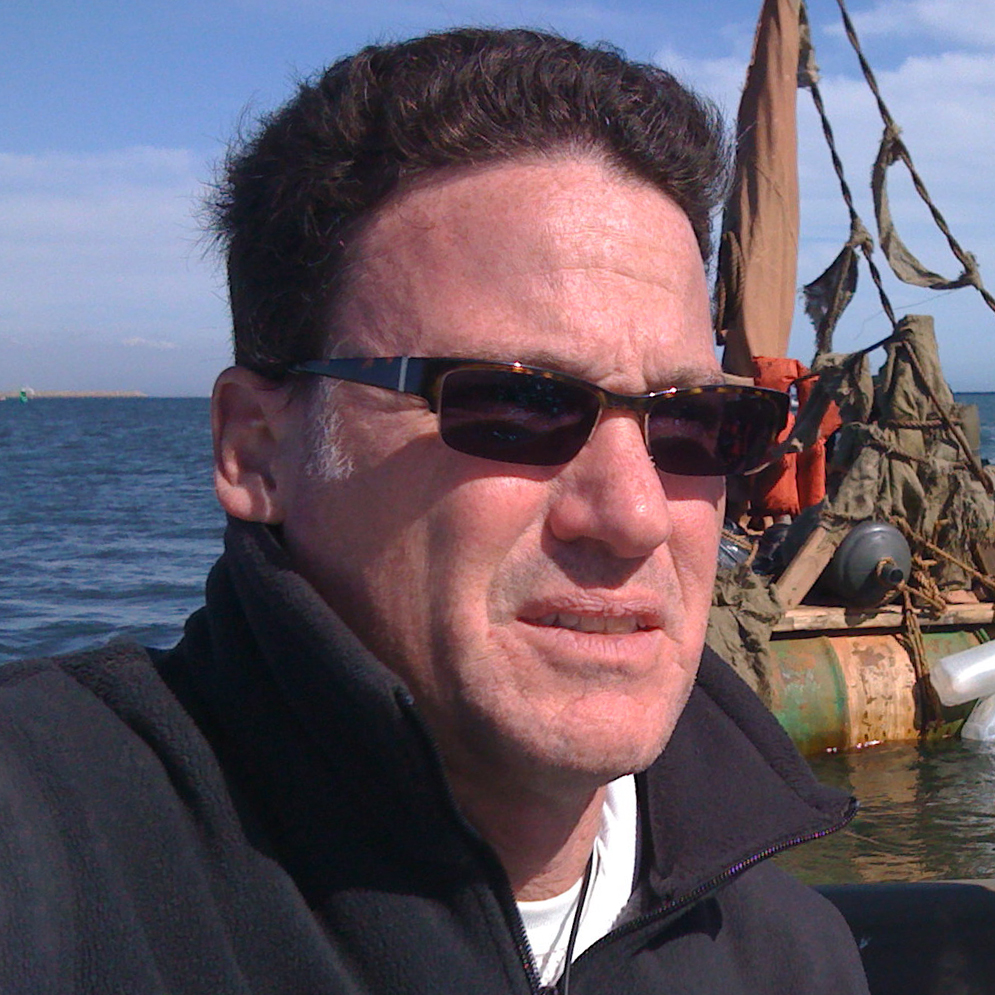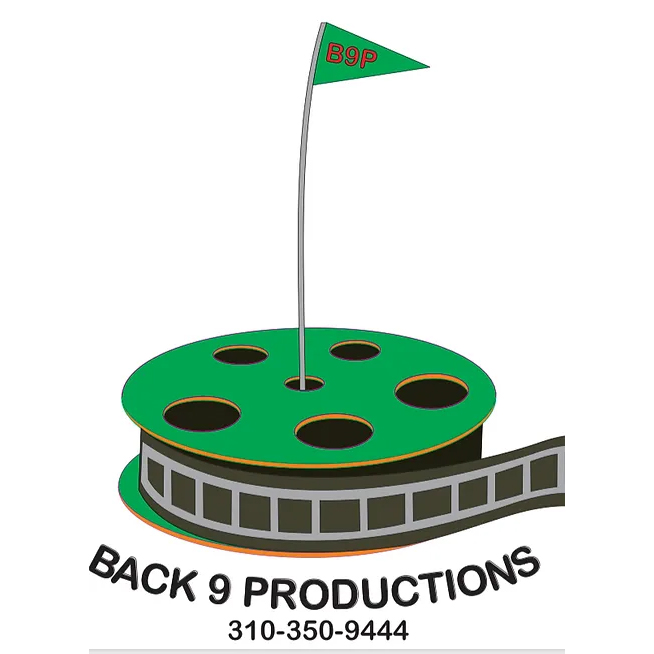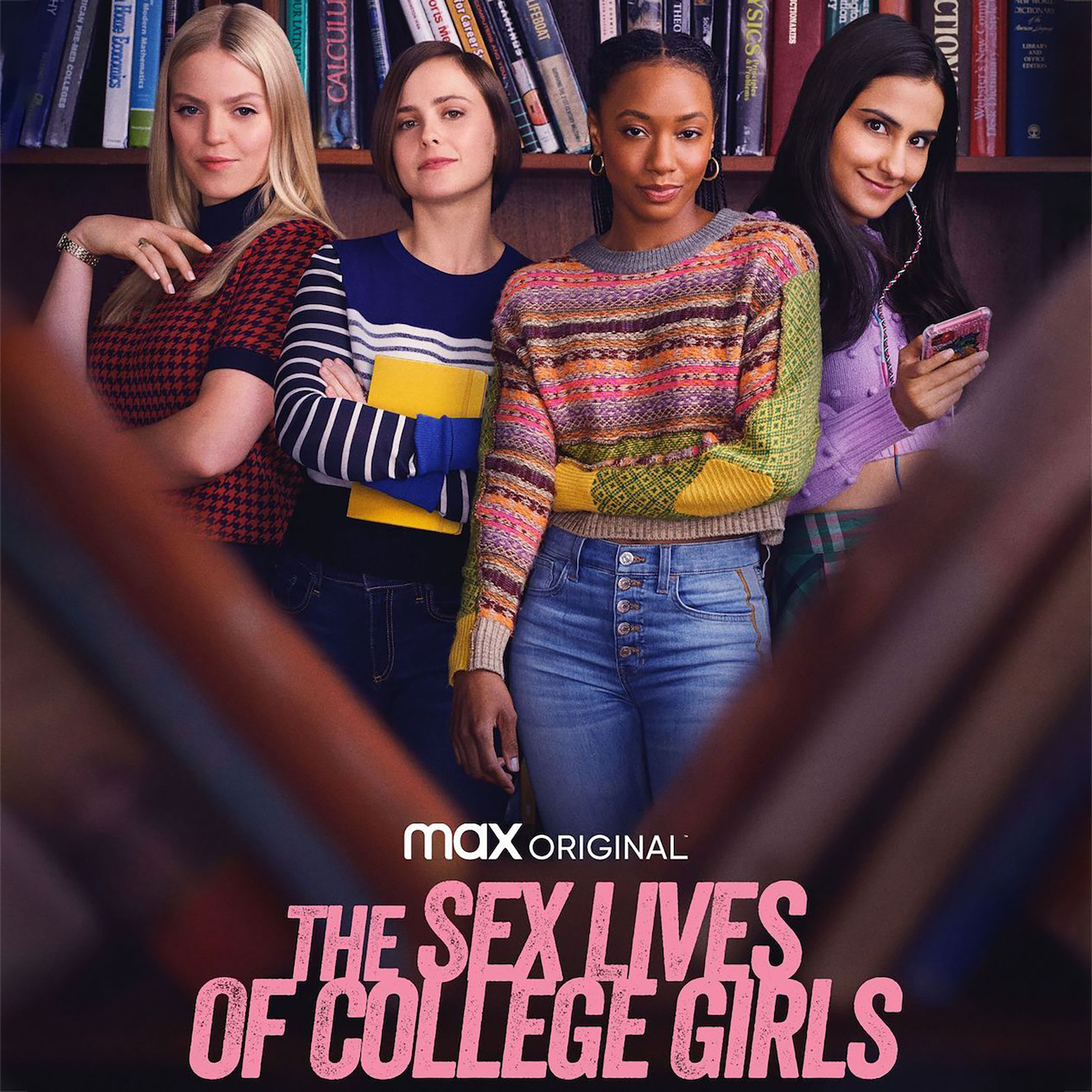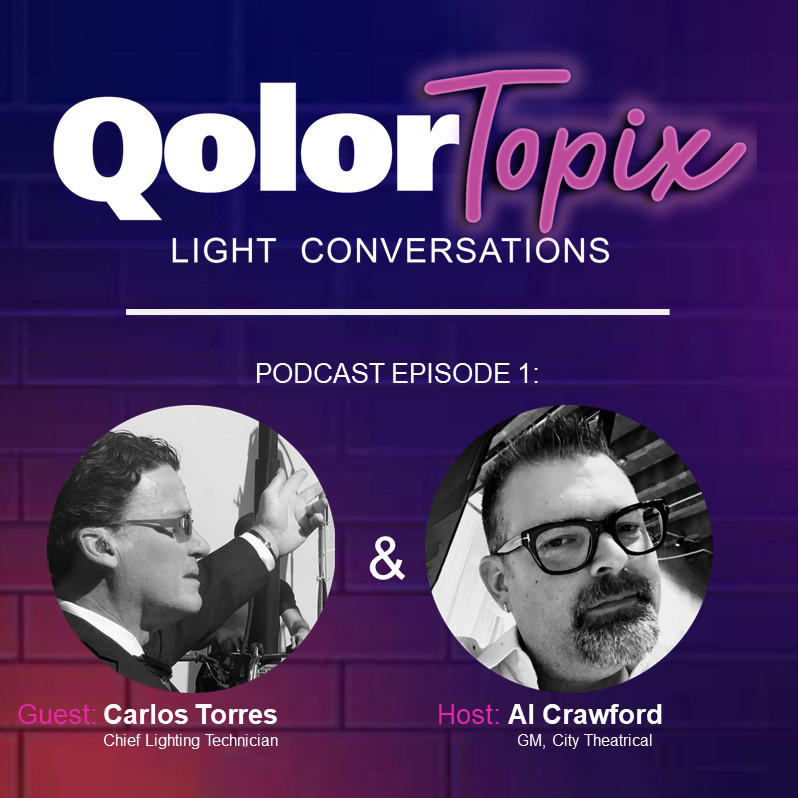QolorTOPIX Light Conversation with Chief Lighting Technician Carlos Torres
Hello! Welcome to Episode 1 of the QolorTOPIX Light Conversations podcast series.
Published in February 2023, our second episode features Carlos Torres, who is a Los Angeles-based Chief Lighting Technician and Gaffer.
Carlos Torres is a Chief Lighting Technician and Gaffer for many Hollywood-based films and television shows, including Everything's Gonna Be Okay on Freeform, Arrested Development on Netflix, S.W.A.T., and more.
Join us as we explore Carlos' career in film lighting, funny experiences on set, including an anecdote from Alien 4, and why he decided to become a City Theatrical distributor in 2023.
This episode was hosted by Al Crawford.
Other QolorTOPIX episodes include:
LISTEN NOW!
"I started actually in a rental house where I became the Operations Manager. I was working in that field at a very high level for about 6 years and I eventually made ties with people in the industry that I worked with closely and was able to change into what I'm doing now. I joined 728 back in probably I think it was 1991. So I believe this is my 30th/31st year."
- Carlos Torres, QolorTOPIX Episode 1 (01:46)
PODCAST TRANSCRIPT:
Al Crawford (AC): Hello, everyone. Al Crawford here. We are super excited today for our very first podcast. Our podcast name is QolorTOPIX, Conversations on Lighting. It will be an ongoing conversation throughout the year with a variety of lighting practitioners, designers, gaffers, technicians. students, artists that we believe really have something interesting to share.
We are super excited today are for our very first episode is Carlos Torres. Carlos is a gaffer on the West Coast. He works with our company in a variety of ways which we will get to in detail as we talk more and we're super excited to have Carlos on the call. Good morning, Carlos.
Carlos Torres (CT): Good morning. How are you?
AC: Very well. It's a pleasure to have you this morning and to have you be our first episode of QolorTOPIX.
CT: A pleasure to be here. I'm very excited about this.
AC: OK, good. Can you just tell us a little bit about yourself, your role, kind of where you're living, how long you've been working in this particular genre and you know, different things you're working on?
CT: Yeah, sure. Well I'm originally from Pennsylvania and I've become a naturalised California now, I've been here since 1985 and working basically in and out of different fields of the entertainment industry, mostly TV and film. I started actually in a rental house where I became the Operations Manager. I was working in that field at a very high level for about 6 years and I eventually made ties with people in the industry that I worked with closely and was able to change into what I'm doing now. I joined 728 back in probably I think it was 1991. So I believe this is my 30th/31st year.
AC: Our congratulations.
CT: Thank you very much. Yeah, so time flies by the way.
AC: It sure does.
CT: It seems like a blink of an eye, but in any case. That's basically what got me behind the scenes, working at that rental house and then the networking, the people who were already in the Union and I was able to jump right in basically.
AC: Very cool. What do you enjoy about this industry? What do you like about being a gaffer?
CT: Well, when I'm a gaffer, I can be creative with lighting, not only with techniques but with tools. It's also a supervisory position so I get to the head of my department basically and the camaraderie, you know, I always think to myself, what am I going to do? What lasts after this, when I retire and what lasts are my relationships. So I believe just getting to know people and building relationships throughout all this.
AC: Yeah. I would say and you tell me if you think this is accurate, even post COVID, the relationships as part of our industry became even stronger in many ways.
CT: Yes. Because you actually are calling people up and asking them how they're feeling and cleaning it, you know, like, hey, are you OK? The normal work relationships, you get to see them on a daily basis, so you kind of know how they are and, but you actually have to reach out to them during COVID and you didn't get to see them. They created a little bit of a stronger bond, I believe.
AC: Yes, I have to say and tell me if you think this is accurate. I feel like the lighting industry in general is pretty compassionate, with each other as colleagues. I think more so than many other industries. No offence to our friends in sound and scenic etc but I always felt like the lighting industry has always really had each other's backs.
CT: I agree with that. The only thing is that the rental business can be pretty cutthroat, but there again, it's the relationships that make the difference, so you can cut through a lot of red tape. You can make decisions based on your relationships and good business decisions because of your networking and the people you know. That would be the only case where I'd say where you know these guys will undercut you. But that's business too.
AC: Absolutely. But you know, kindness always, sprinkle that stuff everywhere.
CT: Great. Absolutely.
AC: You could do a good business deal and still be kind.
CT: 100% that's actually what I do. I mean 100%. That's the only way I do it. I can't do it any other way.
AC: 30 years wow! In the early 90s joining 728 were you, did you always have a vision of being a gaffer or working in film and television or was light the thing that got you going? What inspired you? Ultimately now, are you influenced by anyone or any certain thing in your work?
CT: That's interesting. I came out here to be an actor originally. After doing that for a period of time I realised I have to make a living and this is harder than I thought. When I got into Hollywood Rental, which was the rental company I started with, then I realised, OK, there's some work here I could do behind the scenes and I actually like it and the owner of Hollywood Rental at that time was a big time Hollywood gaffers name is Doug Pentec and he took me under his wing and gave me my real look at film and TV lighting. He suggested some books to read. I started taking still shots with film that was normally used in a film camera and then that's when I started to discover what light does and how to use it. He was the beginning of that. He's the one who mentored me towards that and being an electrician and being a gaffer because he was a gaffer.
AC: Did he see your success?
CT: He has long since retired and I don't think he's living anymore, but he knew I made it in and I was doing well. It was a definitely a good thing, you know.
AC: I certainly in many ways have a parallel kind of mentor early on that. For me, I think it's really important that as success happens that we remind them that, they had made a big influence and I think people like that, it really does go a long way.
CT: Yes, absolutely. My first gaffing job, my first real union gaffing position I stepped up from a best boy on a TV series called Babylon 5. The DP there was a man named John Flynn III and he’s a classic lighting director of photography. This show is where I really owned those skills because he was demanding and fair but demanding and that's where the technique really came together and my eye, being able to see it. He's the one that really showed me all that kind of stuff. So since then, which I forget even when that series was running. That's basically how long I've been gaffing from there till then.
AC: You know your story is unique. I think that a lot of people now, they think the path to a successful career in lighting or in film is to go to school or go to college and train, and largely your story was maybe pivot when you saw a challenge in where you thought you were going and then ultimately learning from an artist and learning from a master. I feel like there is a tradition in our in lighting and theatre of stagehands who pass on that info, that skill, that knowledge, and I love that. I wish and I hope that that continues, that people see that there are different paths to a successful career in learning the craft.
CT: Agree 100%. There's nothing like, you can't teach experience, and there's nothing like being there on the spot with the combination of vision. There's also pressure. So you need to succeed. It's important and then that learning experience becomes a little more, I think a little more ingrained in your brain. So you have to do it so you learn it and that's great.
AC: Let’s just talk about some projects and things that you've worked on. Are there any particular things that stand out at you as highlights of your career or cornerstones, projects and film or television?
CT: I thought about that question and the first thing that pops into my head is that I had an opportunity when I was working as a lamp operator on a movie called Alien 4. The director of photography was Darius Khondji. I was what they call the eye light, man. Just to give a little reference to that when lighting subjects in a certain environment, like Sigourney Weaver, they might need a little more help and so someone stands literally stands by the camera with a light shining it in her eyes. I was the eye light man on this film and Darius was very particular about where I should be standing and how far away I should be. He gave me direction very, very specific and I was getting a little annoyed. I tell him, “Darius. I know what I'm doing. I got it”. Then he says “You don't know my negative Carlos, you don't know”. And I said “Well then show me. Show me what you're talking about”. At that time he was doing this process with his film and it was unique, and that's what made him popular. He literally took me to dailies and showed me what he was talking about, and so then from that point on we moved on into more filming. For the rest of the movie he trusted me and there were no more discussions about where I was to be standing or where the light was. It was something that I thought was like, really cool of a guy at this high level talking to me at that point where I was just like a guy, and that was a big, big experience on a on a big film, for the very first time. It gave me confidence.
AC: There's a trust factor there that happens between a director or a cameraman, an artist, a lighting designer, lighting director, gaffer. Once you understand each other's vocabularies, you always want to put that crew together again because you've already established. You now know what that highlight looks like and what the expectation is, without speaking which is powerful.
CT: Oh, absolutely. There's a famous close up in this movie of one owner writer. I don't know if you've ever seen it or watched the film, but it's just beautiful. One of the most beautiful close-ups I've ever seen or been a part of. It would be worth checking out.
AC: Definitely. Maybe we'll find a screenshot of it for the online version of this podcast. We'll see if we can grab a screen shot. As we think about the tools, we talked a lot about the relationships is we think about some of the things that you use to do your job successfully. We've gotten super high tech and film. Film started out as being fairly low tech in many ways, but now there's a bunch of different things that allow storytellers to be able to create. What do you see right now as being the future of lighting?
CT: There's no doubt that we are invested in LED's, so it will continue. I see it already. It's like incremental. How it grows year to year, not even a year. It seems like every six months there's something new that's brought out to the market and so absolutely going to be LED lighting. Once it grows to the point where we can start using bigger units because we're still using HMIS outside. There's no getting around that right now anyway. I do see a future where even the HMI lights will be antiques and there'll be some sort of big LED light out there doing the job.
AC: Somebody is working on it. I have no doubt. You are a self-proclaimed advocate of our technology here at City Theatrical and we do appreciate that. Can you tell us just a little bit about how you first discovered City Theatrical products? And quite specifically I know that you used the Multiverse Studio Kit on Everything's Gonna be OK, Season 2. Is there anything you can just tell us a little bit about that experience?
CT: Yes. It was interesting the way it started. I get a call. I was asked to be best boy with a friend of mine, another gaffer, Justin Stroh.
AC: We know Justin very well.
CT: He was telling me that the DP on this wanted to use this thing called Multiverse. It wasn't explained very well to me and I thought to myself, why are we complicating things? What is this new stuff? Then one day I came in and in prep and Gary Fails was there. I had no idea who he is. He introduces himself, I introduce myself and we start talking about what this does and the more he explained it to me and the more we talked, the more I thought this is really cool stuff and better than what we're using. That got that got me kind of interested and I said we're going to try it so we had the original. Basically, it's the Node that's in the studio kit now and we used it. It worked very well. The logistics of using it had to be worked out like we were making things up to make it work with the lights we were using to adapters. It wasn't anything hard or really complicated. It was just something that we had to put together and once it was done and all the guys knew how to do it. It became kind of commonplace and everybody could just put a Multiverse on that light over there and it was pretty fast and easy. It was just getting to that point. Then I worked with Gary and you guys on trying to develop it and how could we make it better. Eventually they came out with what we're using today and I was sent a kit. That was the first kit I got to work with on Everything's Gonna be OK, Season 2 and it was fantastic. I couldn't believe how it was trimmed down exactly what we had talked about. It looked great. People using it, it was so easy to use. There was no real learning curve. It was pretty simple once you're shown and you got it. That's it. It works. On that particular show, and I think I mentioned it in that article that I had no dropouts. I mean literally.100%. No dropouts and so that's great.
AC: Well, I will say that you know it is super important that we, you know, we listen to our customers particularly in the process of product. We cannot create product in a bubble and the kind of feedback that you were able to provide during that growth of the Multiverse period was invaluable in many ways. I'm glad to hear that a lot of the things that you gave feedback on were refined and created as part of the final product. We do our absolute best to listen and, not just listen on deaf ears, but to react to the needs of our customer every day and hopefully we will always continue that trend. It's interesting now, your longtime relationship with City Theatrical, there's a next chapter that I do want to touch base on here. You are not only using the product out in the field in your professional gaffer experience, but you are now becoming a City Theatrical distributor, a dealer on the West Coast and that is wonderful. We have some really amazing users out on the West Coast that need a point of contact for information, for product, for ease of purchasing. We couldn't think of a better partner to work with as a dealer on the West Coast than you, Carlos.
CT: Well, thanks I I'm very excited about that aspect also. What I'm able to do out here is literally take these products with me to work, so I'm able to show them immediately they can touch them, use them and see what we're talking about. There's no need to make an appointment with people to say, hey, would you like to check this out? I have it right here. You don't have to make an appointment to show it to you. You can actually use it right now, which is a great thing. So I'm happy to do it.
AC: I think it's going to be a very unique kind of dealership and with your experience and background and relationship with the end users and partnership with them, I wish you the absolute best, you know that we'll have your back along the way.
CT: Thank you very much.
AC: We're coming up on the end here. I would love to do a little quick fire with you, if that's OK? I haven't prepped you for this, and I did that on purpose. It's really just a quick answering of yes or no or one or the other. You ready for it?
CT: Yep.
AC: Don't think too much. LA Or New York?
CT: LA.
AC: LEDs or discharge and gel?
CT: LED's, yeah.
AC: Digital or analogue?
CT: Oh gosh, I've been forced into the digital world.
AC: You got a record player at home?
CT: Yeah,
AC: Do your best to remember what it's like to have an analogue life.
CT: Yeah, I know. I was so into it at that time too. I had an album collection.
AC: Shorts or pants?
CT: Shorts.
AC: You're from LA. You get to wear shorts. Sushi or pizza?
CT: Pizza.
AC: You got good pizza in LA?
CT: Not really. I found a couple of good places, but it's the same thing as like trying to find a cheese steak over here. It's real hard to find.
AC: Yes, that's right. PC or Mac?
CT: Mac.
AC: Multiverse or Lumen Radio?
CT: Multiverse 100%
AC: Thanks for that. We mean nothing but love to our friends at AC Lighting. It's all in good love. I promise you.
Carlos, thank you so much for your time. We really appreciate you sharing your experience, your knowledge, your experience with our products to our listeners and our customers.
Our customers mean everything to us. You have been one. You will now have your own City Theatrical customers as you develop your company and you know we just want to say thank you so much for taking the time this morning to talk with me.
CT: Hey, it's been my pleasure. I'm very excited about the future and I think we're going to do very well.
AC: As we say here at City every day, let's go get them!
CT: OK, let's go get them, alright!
AC: Have a great day, Carlos.
CT: Thanks.
Learn more about Carlos Torres and his recent projects

Carlos Torres IMDB
See Carlos' IMDB page
Back 9 Productions
Explore company page
Case Study: Sex Lives of College Girls
Read case study
Case Study: Everything's Gonna Be Okay
Read case study
Explore the City Theatrical QolorTOPIX Podcast Series
Listen to this and other light conversations on our podcast page or wherever you get podcasts.
Listen Now
